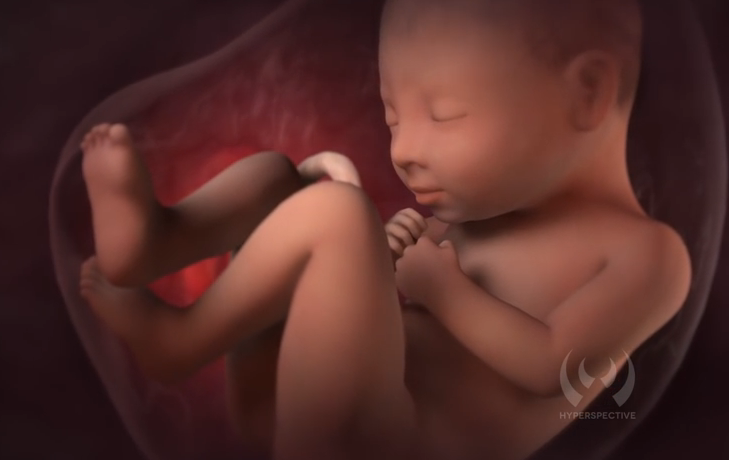The latest Government statistics reveal yet another rise in the number of abortions in England and Wales, showing a 2.3% increase from 2016 to 2017.
A total of 194,668 abortions in 2017 now brings the number since 1967 to some 9,000,000 abortions. That’s approximately 1 every 3 minutes. 20 every hour. 600 every working day. And that does not include the number of women’s lives also affected by this tragedy.
The latest 2017 statistics also show how abortion is all too often being used as a form of contraception by a growing percentage of women. Well over a third of women who had an abortion in 2017 (39%) had one or more previous abortions, another increase on 2016 (38%). That’s around 73,500 women who were on their second – or more – abortion.
Let’s break this figure down a bit more, to illustrate why I suggest that abortion is being used as a ‘contraceptive’: 53,000 women had already had one previous abortion, 15,100 had two previous abortions, 3,700 had three, 1,000 had four, 327 had five and 72 women had eight or more previous abortions.
Remember that these will have been paid for by the National Health Service (98% of abortions in 2017), whether carried out in a well-funded private abortion clinic (70%) or an National Health Service (NHS) hospital. And 98% were performed for (so-called) risk to the women’s mental health (185,448) which has in truth become a catch-all phrase that means that the baby was perfectly healthy – and probably the mother too.
Which is all good business for campaigners such as Anne Furedi of abortion provider BPAS. For years she has wanted abortion to be regarded as no more than another form of birth control that women need when other methods let them down, i.e., no more significant than taking the Pill.
I wonder if any of these 73,500 women were told of the increased risks to their health and future pregnancies from having multiple abortions? (i.e., gave informed consent).
An analysis of 21 cohort studies, which included almost two million women, found that a D&C performed in cases of miscarriage or induced abortion increases the chance of preterm birth (under 37 weeks) in a subsequent pregnancy by 29%, and of very preterm birth (under 32 weeks) by 69%.
But these already high risks were even higher for women with a history of multiple D&Cs.
Follow LifeNews.com on Instagram for pro-life pictures and the latest pro-life news.
A Finnish study from 2012 also found that repeat abortions are correlated with an increased risk of some health problems at first birth. They found a 69% increased risk of a very preterm birth after two induced abortions, and 178% increased risk after three abortions.
The authors recommend that: ‘Health education should contain information of the potential health hazards of repeat induced abortions, including very preterm birth and low birthweight in subsequent pregnancies.’
The evidence is more mixed for medical abortion but some research has found that mice subjected to two previous medical abortions experienced spontaneous abortions in subsequent pregnancies.
‘Repeated medical abortion impaired the reproductive function of female mice, significantly affecting the outcomes of subsequent pregnancies.’ The authors conclude that the impact of repeated abortions on the offspring of subsequent pregnancies was noteworthy and deserves further exploration.
While these stats are depressing, at least we have the facts and figures to highlight what is actually happening. If abortion were ever to be decriminalised, not only will abortion numbers increase even more, data collection will go out with the current legal framework, leaving it to less effective regulations, at best, and self-policing by the abortion industry, at worst. And even less chance of exposing the reality of abortion as contraception.
LifeNews Note: Philippa Taylor is Head of Public Policy at CMF. She has an MA in Bioethics from St Mary’s University College and a background in policy work on bioethics and family issues. This appeared on the blog of the Christian Medical Fellowship.








